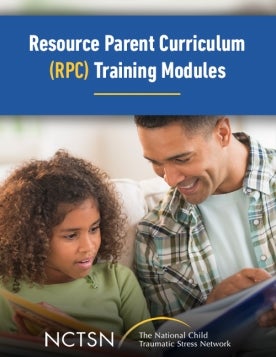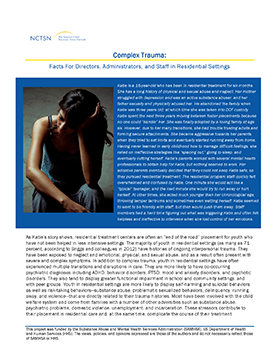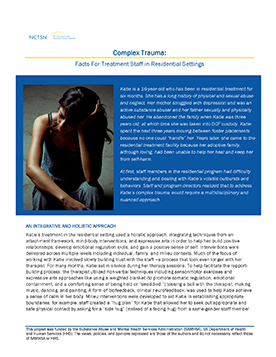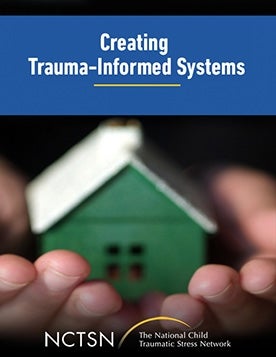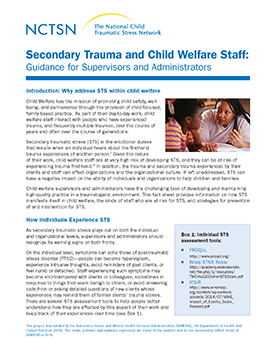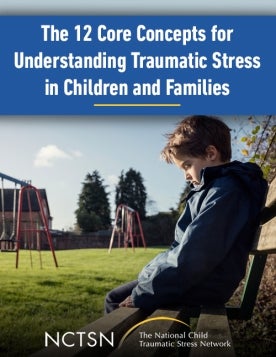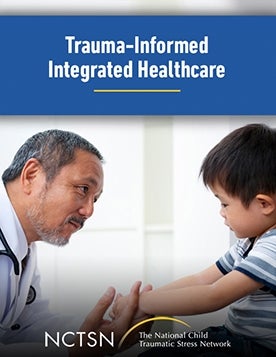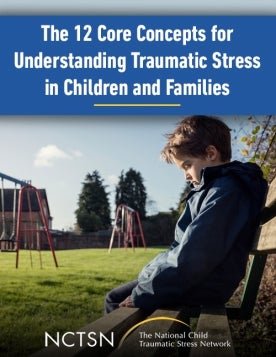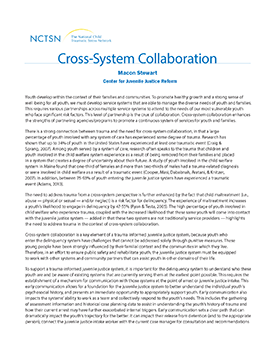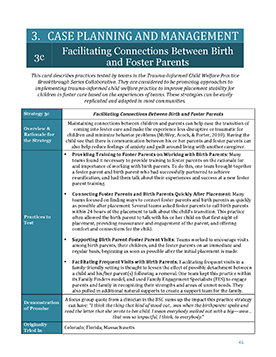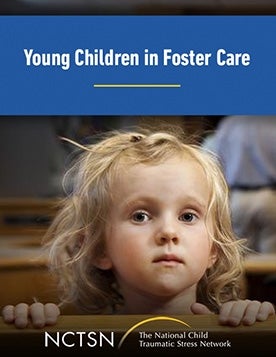In any given year, approximately one million children come to the attention of the US child welfare system. Many are victims of abuse or neglect, live with caregivers who are impaired, and/or deal with school and community violence as a fact of life. Identification and early intervention are crucial to helping children traumatized by maltreatment and other stresses. The National Child Traumatic Stress Network has developed tools and materials for building skills and increasing knowledge about childhood trauma to help child welfare administrators, caseworkers, frontline staff, mental health personnel, and caregivers understand and respond to the needs of traumatized children. In addition to the NCTSN resources highlighted below, Child Welfare Professionals can learn more about creating trauma-informed Child Welfare Systems in the Trauma-Informed Care section of this website.
